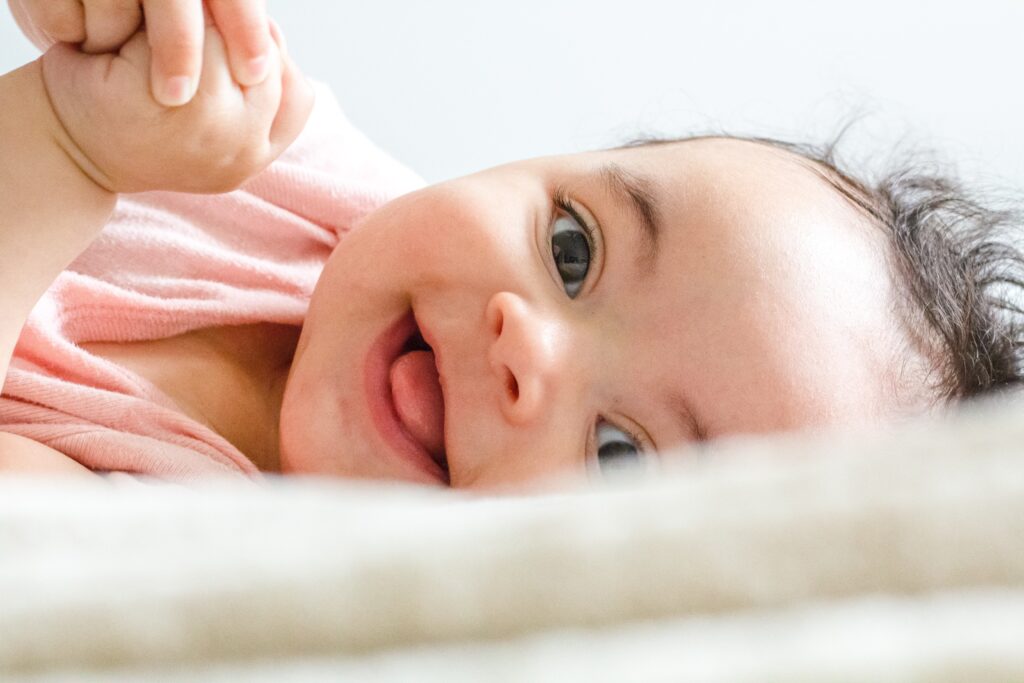Some people believe that they can spot autism from an exceptionally young age with one idea being that autistic babies are always happy.
In this article we look into that idea and try and establish it there is any truth to it, along with an anecdote to boot.
Autistic babies behaviour
Autism is typically diagnosed around the age of 2 or 3 years, but there are certain signs and symptoms that can be observed in babies as young as under 1 year.
With that said however there is a reason why diagnosis isn’t until later in your child’s life as any assessment under the age of 1 would be partly guesswork.
One of the earliest signs of autism in babies is a lack of social engagement. Babies with autism may not show interest in social cues or respond to their name.
They may not smile or respond to smiles from others, and they may avoid eye contact or have a limited range of facial expressions.
Babies with autism may also avoid physical touch or resist being held or cuddled.
Another potential sign of autism in babies is delayed or limited language development. Babies with autism may not babble or coo as much as their peers, and they may not point to objects or use gestures to communicate.
They may also have difficulty understanding language and may not respond appropriately to simple verbal commands.

Other signs of autism
Other potential signs of autism in babies include repetitive behaviours or movements, such as rocking or hand-flapping, and a tendency to become fixated on certain objects or routines.
Babies with autism may also have difficulty with sensory processing, such as becoming easily overwhelmed by loud noises or certain textures.
In some cases, parents or caregivers may notice that their baby has an unusual pattern of development, such as meeting certain developmental milestones very early or very late.
For example, a baby with autism may learn to crawl or walk much earlier or much later than other babies.
It is important to note that not all babies with autism will display these symptoms, and many of these behaviours are also seen in neurotypical infants.
However, if parents or caregivers are concerned about their baby’s development or if they notice any of these signs, they should speak with their pediatrician or a developmental specialist for an evaluation.
What about autistic babies being happy
I could not find any real studies or references to this being the case but I have got a personal anecdote to share.
When my daughter was a baby (under 12 months) she was extremely smiley and often described as the perfect baby.
She was very content to just be sat at a dinner table for hours on end and would just smile away.
Once we started to get involved with autism specialists we were told that a baby being very ‘good’ can be a sign of autism.
The logic being that they are often behind with their development so they don’t desire other things or to be moved for example.
A child demanding something by virtue of crying or getting agitated is in essence a form of communication.
With our daughter she was not at that level yet so was fantastically content, all of the time.
Now I am not suggesting you read too much into our experience because like I say I couldn’t find any large studies online. But I thought it was worth sharing regardless.
Summary – Are autistic babies always happy?
Being happy is not one of the generally accepted indicators of autism in a baby.
There is a possibility that there may be a link to development delay and being a ‘content’ baby but this is not backed up by any studies which I could find.

